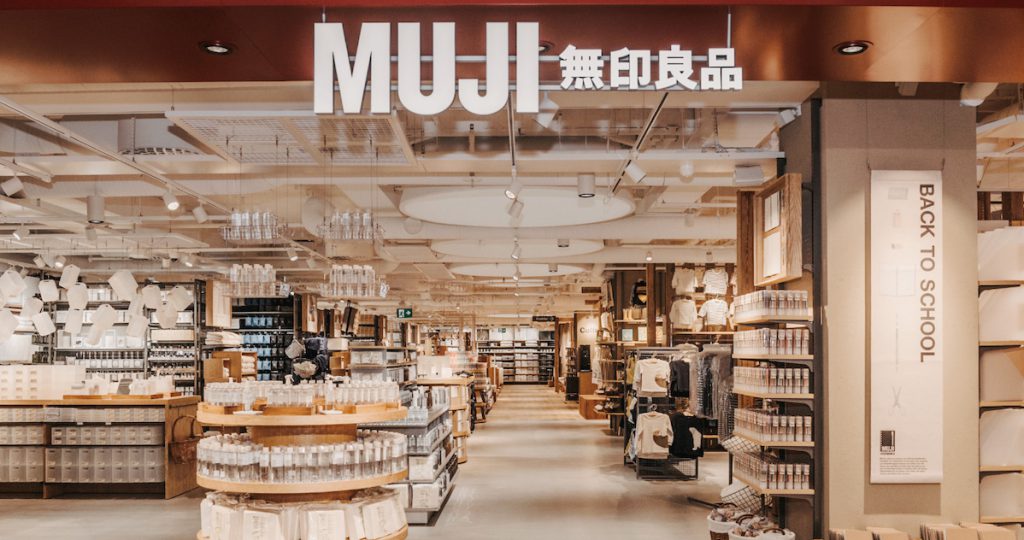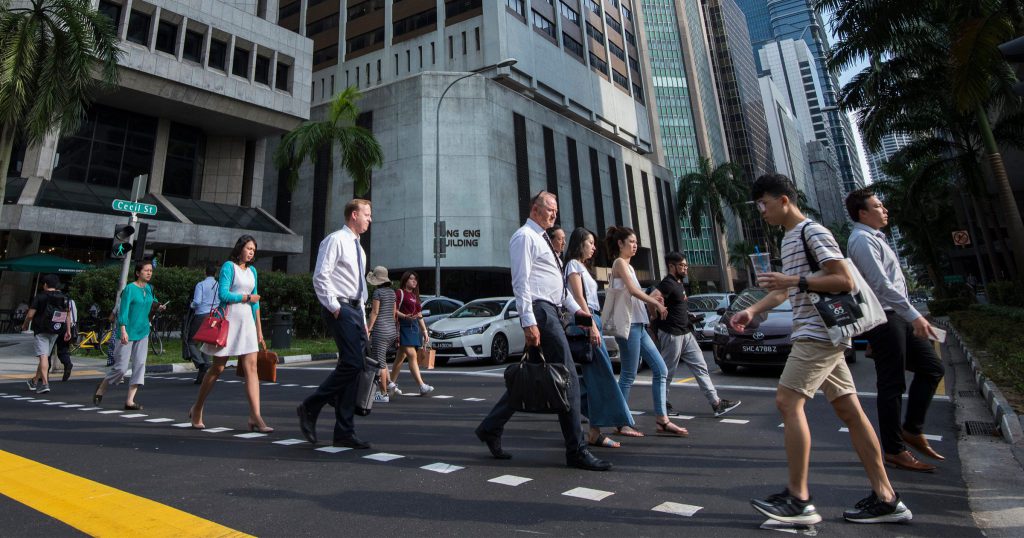Last weekend, brand at the forefront of minimalist aesthetic, MUJI, filed for a Chapter 11 bankruptcy protection in the United States (US), citing Covid-19 as the driver behind the move.
Its liabilities are listed between US$50m (S$69.5m) and US$100m (S$139m), and are owed to between 200 and 999 creditors.

The household name’s US unit joins a slew of more than 100 companies that have declared bankruptcy in the US, and cited the Covid-19 pandemic as a key reason.
Chapter 11 Explained: Perhaps There Is Hope For MUJI
Bankruptcy often leaves the impression of complete failure, but businesses that have filed for Chapter 11 do not always go bust.
Instead, corporate bankruptcy is likened to a ‘reset’ button that can help a troubled business get back on its feet. During a Chapter 11 proceeding, the court will help a business restructure its debts and obligations.
Many companies may use the bankruptcy process to close unprofitable operations, clear debt, or realign business strategies.
Companies filing for Chapter 11 is also unable to make certain decisions without the permission of the courts. These include the sale of assets, other than inventory, starting or terminating a rental agreement, and stopping or expanding business operations.
Whilst Chapter 11 is focused on business reorganisation and paying off debt in the process, there are a variety of possible outcomes, should reorganisation fail.
For example, companies might end up selling off their brand name to a competitor. In 2016, when famous retail brand American Apparel filed for Chapter 11, it was acquired by another retailer and relaunched. Though its management was entirely different, it looked like exactly the same brand to outsiders.
MUJI’s Bankruptcy Filing Does Not Impact Singapore Yet
This law has also been picked up and adapted in some form in many other countries, including Singapore.
MUJI has managed to build a brand name and following around its focus on minimalism and quality. The values of the brand has increasingly become more relatable to its consumers.

In 2019, there were 1,033 MUJI stores all around the world, from Poland to Kuwait, a testament to its popularity and brand equity — factors that could probably aid its revival post Covid-19.

Though MUJI Singapore announced on Facebook that it ceased operations at its Marina Square outlet a month ago, it is still too early for Singaporeans to fret.
The MUJI management did not disclose the reason behind its closure, but it was unlikely linked to the situation in the US.
MUJI’s parent company Ryohin Keikaku has asserted that only its US stores require drastic cost cutting measures. CEO Okazaki has also said that MUJI’s US bankruptcy will not affect its outlets in Asia.
Professor of Marketing at Singapore Management University and director of SMU’s Retail Centre of Excellence, Dr Kapil Tuli, said Singaporeans should not be worried about the shop closures in US as its business operations differ across countries.
MUJI has 10 remaining outlets in Singapore, and has welcomed Singaporeans back to its stores since the country entered Phase 2 of its reopening. Its dine-in restaurant, Café&Meal, has also opened its doors to mask-donning diners.
So, there is no need to hoard your favourite MUJI notebooks, or minimalist kitchenware, for now.
Featured Image Credits: MUJI











